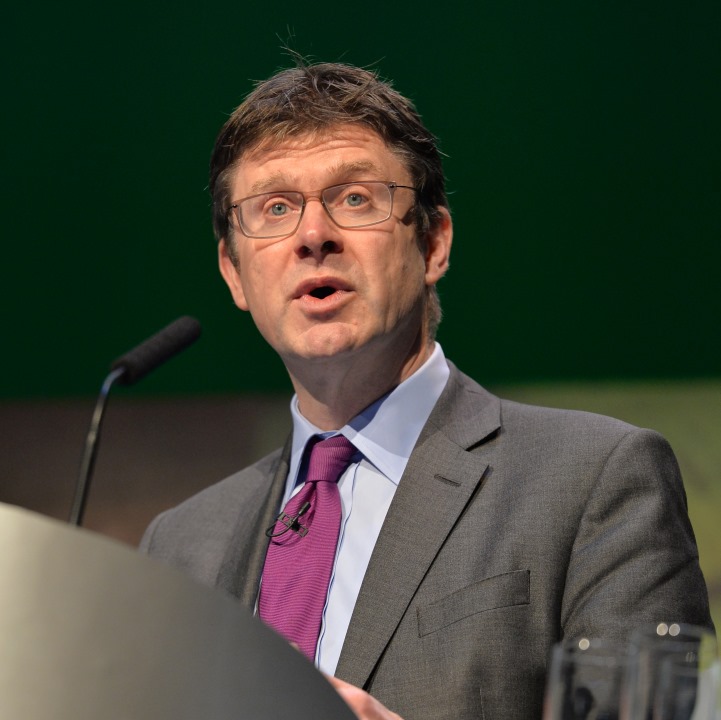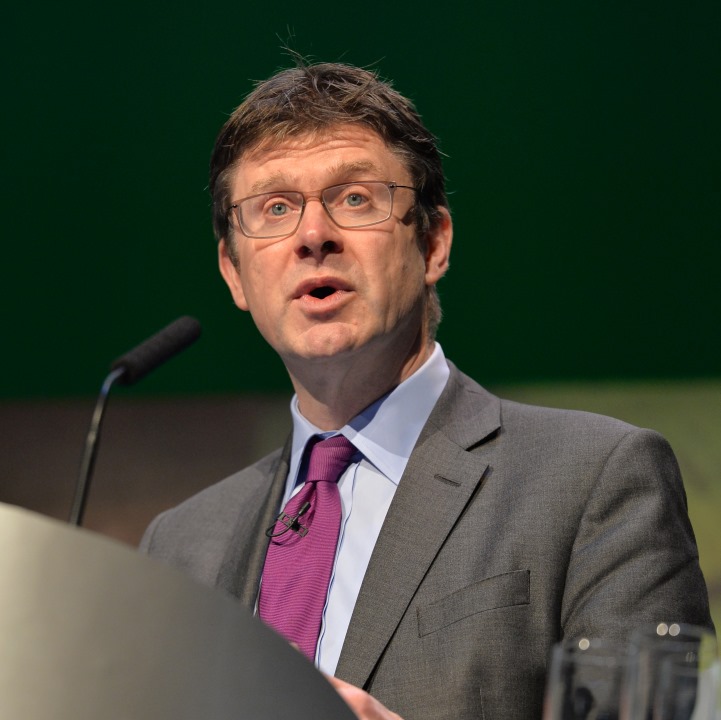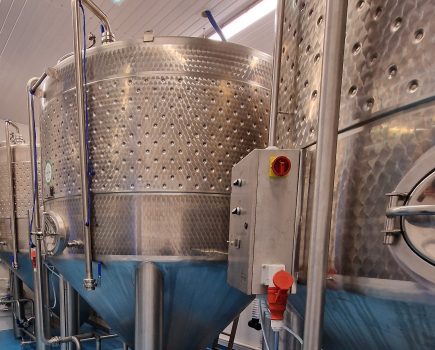
Senior ministers speaking at the NFU Conference lined up to pledge support and cash towards bringing research onto farms. CPM reports.
The advantages of bringing together our best scientists with our most forward-thinking producers, are clear.
By Tom Allen-Stevens
UK Farming is to get £90 million of government funding to bring more research onto farms. Speaking at the NFU conference in Birmingham, Greg Clark, secretary of state for business, energy and industrial strategy, announced the fund as part of a Transforming Food Production Challenge.
“It will include the creation of ‘Translation Hubs’ bringing together farmers and growers, businesses, scientists, and Centres for Agricultural Innovation, to apply the latest research to farming practice,” he said.
The fund is part of the Industrial Strategy – a plan to spend an extra £3bn per year on public research and development by 2021. The minister said his aim was to drive productivity growth in UK agriculture, identified by AHDB as having fallen to around a third of the rate enjoyed by the Netherlands and the USA.
“The AHDB was right in saying we need to put an increased emphasis on the ‘D’ in R&D,” he said.
“[The government investment] should be a big boost to the knowledge exchange that already takes place across food and farming. And with the technological revolution that’s happening, the skills of the farming workforce need to keep pace.”
He said that agriculture was one of the most innovative sectors of the UK economy. “The advantages of bringing together our best scientists with our most forward-thinking producers, are clear.”
He singled out artificial intelligence and analysis of big data as technological changes he’s keen to see developed on UK farms, and in particular autonomous vehicles, such as those trialled through the Hands-Free Hectare project at Harper Adams University.
Defra secretary Michael Gove underlined the government’s intention to invest in R&D to improve productivity. “Some of the developments which improve both profitability and the quality of produce spring from farmers themselves, who are developing new and more sophisticated approaches towards natural food production,” he noted.
He talked of “a plethora of specific innovations” that can increase productivity, bring food costs down, help improve animal and human health and ensure better protection of the environment. As well as automation and machine learning, he picked out data science, gene-editing, and new plant bio-security measures. These “public goods” can only be fully realised if investment is made in a way which empowers individual farmers and land owners, he said.
“Without public investment to support scientific breakthroughs, and then to help disseminate them across agriculture, we won’t secure the improvements we all want to see.”
One hurdle for farmers to get over, however, is EU bureaucracy said Shanker Singham, director of economic policy and prosperity studies at the Legatum Institute. Sound science is the framework to which everyone in the WTO adheres, he explained, and international food standards are set down by the Codex Alimentarius Commission.
“You want to be able to farm. If you are aware of a technology that enables you to be better at what you do, provided it meets the standards on risk, you should be able to use it. Regulations should be consistent with sound science.
“Unfortunately, The EU’s frankly ferocious approach to the precautionary principle has meant that a lot of the things you could be using are things on which the Codex and even EU scientists have agreed are OK, but nevertheless the EU has imposed a ban. We want a regulatory system in the UK that allows you to do what you do best.”
Outgoing NFU president Meurig Raymond stressed the importance of food production and urged Michael Gove to keep this centre stage as he develops his Green Brexit. “Food is at the heart of the British countryside; it’s at the heart of the British economy,” he said.
The secretary of state replied that he wholeheartedly agreed. “Like you I admire farmers as stewards of the countryside – as you put it to me, Meurig – the very first friends of the earth.”
The much-anticipated consultation paper on the future of agricultural policy has still not appeared, however, and is due “very shortly”. It was the same with access to labour from abroad. Michael Gove recognised that in certain sectors of farming and food production, 90% of the workforce comes from EU27. Moreover, availability is diminishing as these economies grow and he accepted the need for a scheme that allows farmers to look further afield.
“I also understand that you need to see action quickly. Not least to deal with imminent pressures in the year ahead. The NFU has put forward strong and, to my mind, compelling arguments for a Seasonal Agricultural Workers Scheme. I understand the impatience of people in this room for an announcement, I fully acknowledge your concerns and we will be saying more shortly.”
He indicated the Home Office is the lead department on the issue.




